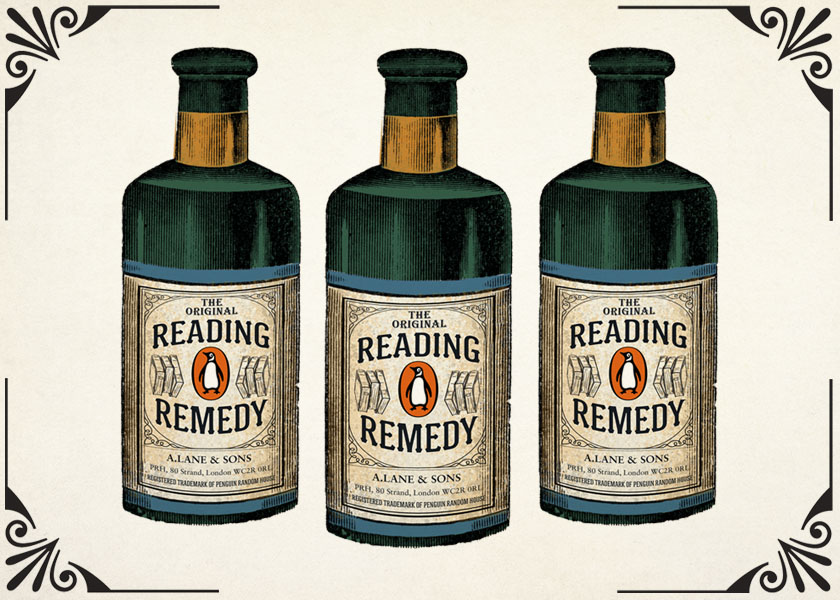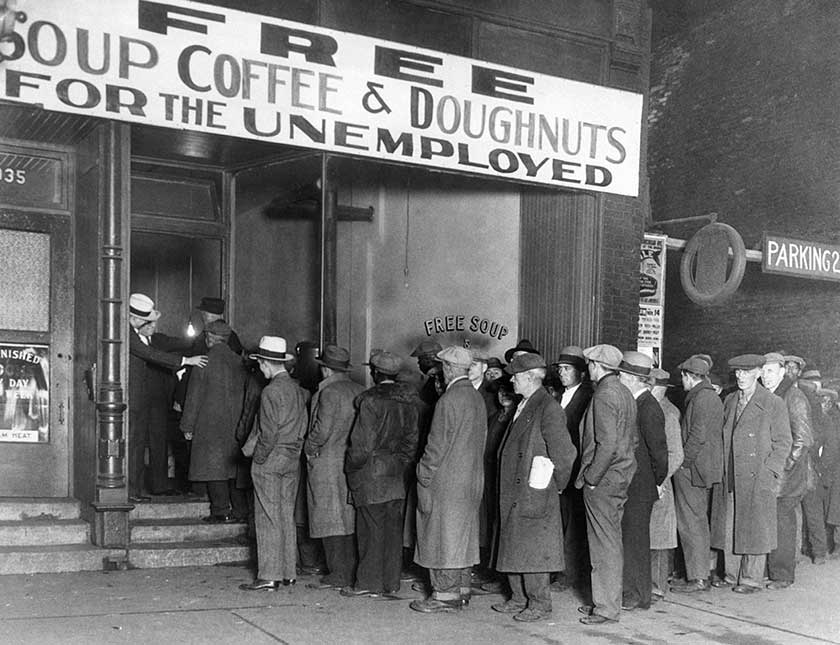- Home |
- Search Results |
- Reading Remedy: what to read if you’re worried about a recession

Even if you’ve kept a sanity-maintaining distance from the news lately, certain developments in current affairs are very hard to avoid. Among them, the impending economic downturn that’s expected in the wake of Covid-19.
It's too early to know for certain, but already people are predicting the 2020s could be the decade of the ‘Greater Depression’ – a grim nod to the Great Depression that defined 1930s America. There are also people looking for clues in the last economic crash, in 2008.
One of the good things to come out of both were books, and while reading can't prevent any of it from happening, having some context never hurt – particularly if you're not overly familiar with economic theory.
If you’re a rank beginner, googling ‘books about economics’ can feel about as useful as walking into a supermarket and shouting ‘dinner!’. There is simply too much to choose from. One place we suggest you start is Crisis Economics: A Crash Course in the Future of Finance by Nouriel Roubini, the chap who brought ‘Greater Depression’ into our lexicon via that viral article this week, making it a pertinent place to start.
In the book, Roubini argues that as long as we stick to our current mode of capitalism, economic crashes are par for the course. As we’re on the cusp of an event that might, actually, encourage a change in how we make money work, it makes for timely reading.

If the business pages of the paper make you feel like a literal child, then you may prefer to pick up Talking to My Daughter: A Brief History of Capitalism. Yanis Varoufakis’ bestselling book was hailed for its accessibility in 2019, not least because he phrases some of the thornier issues of economics through the prism of raising his daughter, making it as poignant a read as it is illuminating.
Finally, Michael Lewis’s Panic! The Story of Modern Financial Insecurity will put whatever lurks on the horizon into context, if only to show that humankind has faced – and endured – unthinkably hair-raising economic disaster before and still surfaced. It’s especially good if you’re feeling rankled by the fact that we never really seem to learn much from the supposedly predictable boom and bust cycle.
But, given that sentiment, perhaps you’d rather dedicate your somewhat fragmented time to fiction. Authors have always reflected back the time in which they’ve written, which means there are austerity novels for every era. To me, at least, it makes sense to start with the novel that managed to pre-empt the hungry years of 1930s America. F Scott Fitzgerald’s The Great Gatsby paints splendour with despair, a cautionary last hoorah of Roaring Twenties opulence that was published three years before the Wall Street Crash.
'Both books make very real the sheer desperation of people during that era'
Then, of course, there’s John Steinbeck. His ‘Dust Bowl’ fiction turned the ordinary families plummeted into grinding poverty by the Great Depression into literary heroes. Steinbeck pulled on his own experience for some of his output about that era – Cannery Row, for instance, was heavily influenced by his own Depression-era existence living off his catch after making a boat his home. But while Of Mice and Men won Steinbeck the Nobel Prize for Literature, it was follow-up Grapes of Wrath that earned him the Pulitzer – and the top of the bestseller’s chart. Both books, part of his California canon, make very real the sheer desperation of people during that era, with Steinbeck’s rage replacing any whiff of romanticism.
But this is nevertheless a modern crisis, and there is modern fiction that can engage and contextualise, too. John Lanchester’s Capital became the water-cooler book of 2012 for its sprawling, before-and-after depiction of London either side of the 2008 economic crash. In a similar vein, Zadie Smith’s NW paints a portrait of a pair of millennial women through the prism of the aftermath of the financial crash. In doing so, she frames the impact that class, aspiration and origins can have on a person’s destiny.
And these books offer another kind of guarantee, too: that even among the bleakest of predictions for the global economy, writers will write, and books will emerge. Before we know it, we’ll be reading about the extraordinary events that surround us today, gaining new perspectives on our own experience.